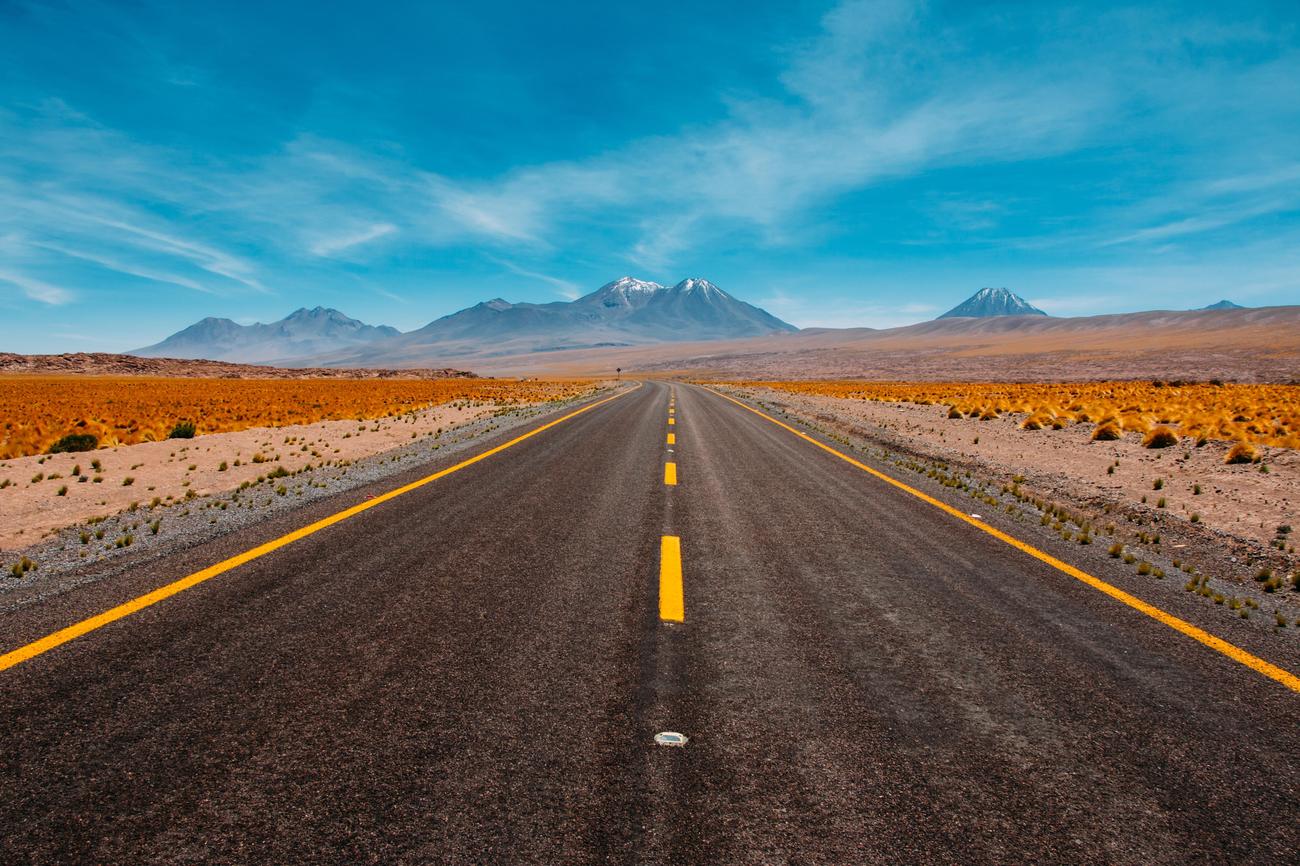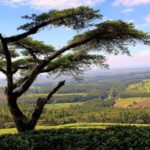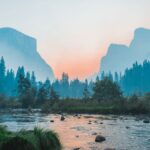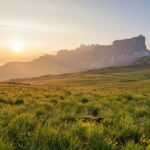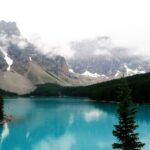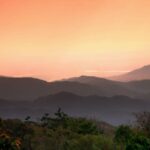Are you ready to embark on a journey of discovery? Join me as we delve into the enchanting world of Malawi, a hidden gem brimming with captivating history, vibrant people, and breathtaking landscapes. In this article, we will unravel the intriguing tapestry that makes Malawi unique and reveal a treasure trove of interesting facts that will leave you astounded. So fasten your seatbelts and prepare to be amazed as we unveil the fascinating wonders of Malawi!

Interesting Facts About Malawi
Malawi, a hidden gem in southeastern Africa, is a land of captivating history, vibrant people, and awe-inspiring landscapes. As I unravel the fascinating facts about this extraordinary country, prepare to embark on an adventure filled with surprises, intriguing tales, and a deeper understanding of Malawi’s rich heritage.
A Tapestry of Culture and History
Malawi is a nation woven together by a diverse range of cultures and a remarkable history that has shaped its identity. From the traditional dances of the Chewa people to the intricate wood carvings of the Yao tribe, the cultural tapestry of Malawi is a testament to the country’s vibrant heritage.
✨ Did you know? Malawi was once a British protectorate called Nyasaland before gaining independence in 1964.
The Warm Heart of Africa
Malawi is renowned for its warm and welcoming people, earning it the nickname “The Warm Heart of Africa.” The genuine hospitality of Malawians leaves a lasting impression on visitors, ensuring that their experiences in the country are not only memorable but also heartwarming.
✨ Interesting fact: Malawians greet each other with a handshake and a smile, exemplifying their warm and friendly nature.
Lake Malawi: A Treasure Trove of Biodiversity
At the heart of Malawi lies one of its greatest treasures, Lake Malawi. This vast freshwater lake, also known as the “Lake of Stars,” is not only a scenic wonder but also a biodiversity hotspot. With over a thousand fish species found here, many of which are endemic to the lake, it is no wonder that Lake Malawi is a paradise for nature enthusiasts and snorkelers.
✨ Fun fact: Lake Malawi is home to more fish species than any other lake in the world.
Mount Mulanje: Majestic Peaks and Enchanting Trails
Rising proudly in the southern region of Malawi, Mount Mulanje stands as one of the country’s most iconic landmarks. This majestic mountain range offers breathtaking vistas, enchanting trails, and ample opportunities for adventure. From hiking through lush forests to conquering towering peaks, Mount Mulanje beckons explorers who crave the allure of the great outdoors.
✨ Did you know? Mount Mulanje is home to the Chambe Peak, which provides a panoramic view of the surrounding landscape, including Mozambique on a clear day.
Wildlife Encounters in Majete Wildlife Reserve
For wildlife enthusiasts, Majete Wildlife Reserve is an absolute must-visit. Once on the verge of collapse, the reserve has undergone a remarkable transformation, from a depleted conservation area to a thriving sanctuary for wildlife. Majete is now home to the Big Five—lions, elephants, rhinos, leopards, and buffalo—offering visitors a chance to witness these magnificent creatures in their natural habitat.
✨ Interesting fact: Majete Wildlife Reserve is the only place in Malawi where you can find both black rhinos and elephants.
A Nation of Festivals and Traditions
Malawi takes great pride in its vibrant festivals and traditions, which celebrate the country’s cultural heritage and religious beliefs. From the lively music and dance performances of the Lake of Stars Festival to the spiritual and colorful rituals of the Gule Wamkulu, these festivities offer a glimpse into the soul of Malawi.
✨ Fun fact: The Gule Wamkulu, an ancient masked dance performed by the Chewa people, has been recognized by UNESCO as a masterpiece of intangible heritage.
Safaris with a Twist
While Malawi may not be the first destination that comes to mind for safaris, it offers a unique twist on traditional game drives. Liwonde National Park and Nyika National Park both provide extraordinary safari experiences, where visitors can embark on boat safaris along the Shire River, witness the iconic “sea of grass” in Nyika, and encounter a myriad of wildlife, including hippos, elephants, antelopes, and leopards.
✨ Did you know? Nyika National Park is located on a plateau and is often referred to as the “Scottish Highlands of Africa” due to its undulating hills and stunning vistas.
A Taste of Malawi: Exquisite Cuisine and Local Delicacies
No exploration of Malawi would be complete without indulging in its delectable cuisine. From the staple dish of nsima, made from ground maize, to the mouthwatering grilled chambo fish, Malawian cuisine tantalizes the taste buds with its unique flavors and homegrown ingredients. The country’s diverse culinary heritage reflects its cultural diversity and serves as a delightful introduction to the local way of life.
✨ Interesting fact: Malawi is known for the production of excellent tea and coffee, with the latter being a prime export.
As you immerse yourself in the captivating history, encounter the warm-hearted people, and marvel at the breathtaking landscapes of Malawi, you will unlock a world of wonder and be forever enchanted by this extraordinary destination.
“Discovering the intriguing history, heartwarming people, and awe-inspiring landscapes of Malawi unveils a hidden gem, where every corner is brimming with captivating tales and surprises.”
If you’re looking to expand your knowledge about Malawi, we’ve got just the thing for you! Click here to discover 5 fascinating facts about Malawi that are specifically catered to kids. From its breathtaking landscapes to its unique wildlife, you won’t want to miss out on learning all about this incredible African country. So go ahead, click the link and embark on a journey of discovery!
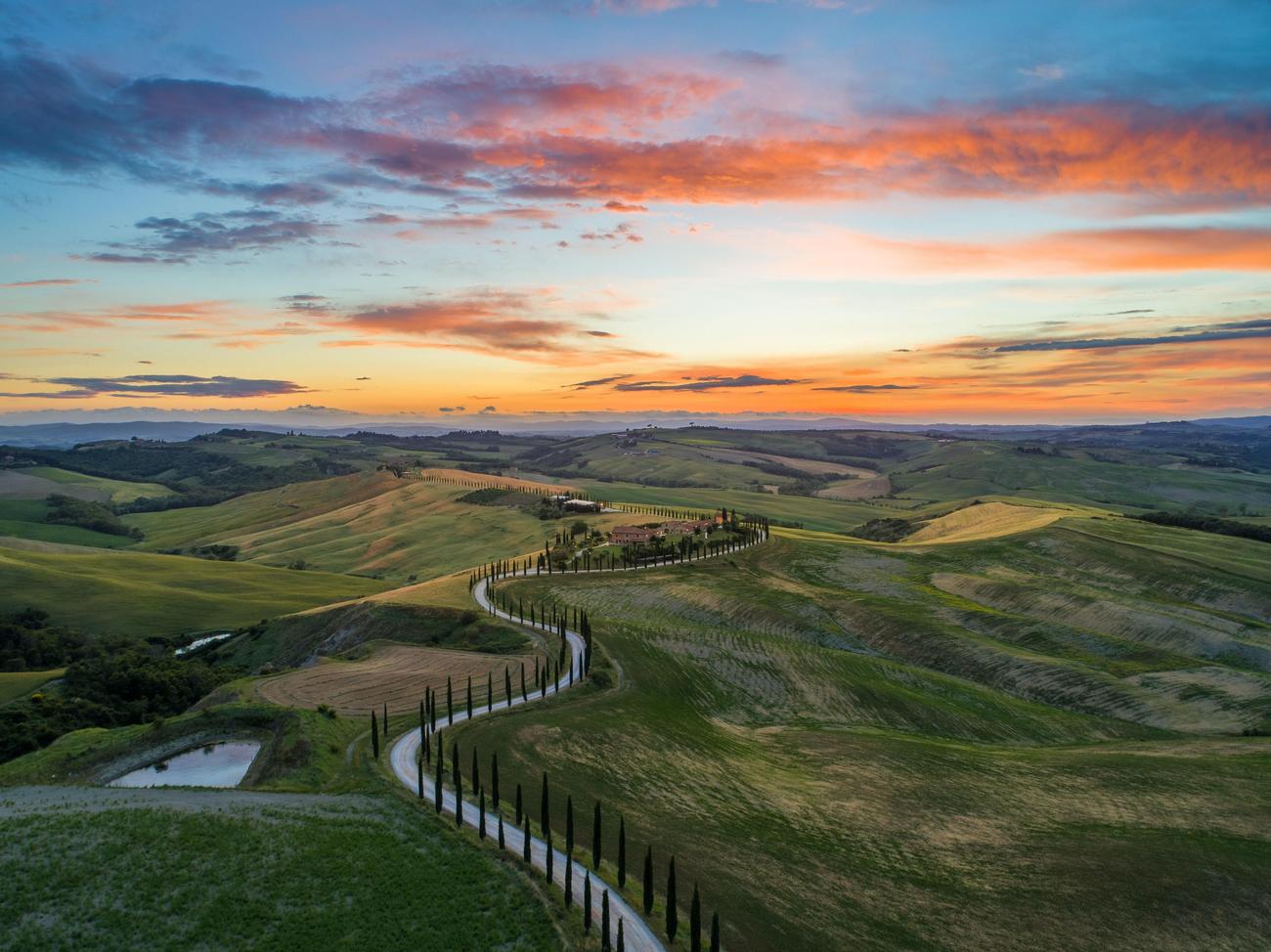
FAQ
Question 1: What is the history of Malawi?
Answer 1: Malawi has a rich and intriguing history that dates back thousands of years. It was once part of the Maravi Empire, a powerful kingdom that existed from the 14th to the 19th century. Later, the area came under the influence of European colonizers, with the British establishing a presence in the late 19th century. Malawi gained independence in 1964 and has since transitioned into a democratic nation.
Question 2: What are some interesting cultural traditions in Malawi?
Answer 2: Malawi is renowned for its vibrant cultural traditions. One fascinating aspect is the Gule Wamkulu, a masked dance performed by the Chewa people during special ceremonies. This ritualistic dance portrays important cultural and spiritual themes. Another notable tradition is the construction of mud-brick houses, which is a widespread practice in rural communities. These unique structures are crafted using local materials and techniques.
Question 3: What are the must-visit attractions in Malawi?
Answer 3: Malawi offers a plethora of breathtaking attractions. Lake Malawi, also known as the “Lake of Stars,” is a top highlight. With its crystal-clear waters and diverse marine life, it is perfect for swimming, snorkeling, and diving. Other scenic destinations include the stunning Mulanje Massif, a mountain range with picturesque hiking trails, and Liwonde National Park, where visitors can spot a wide array of wildlife, including elephants, hippos, and crocodiles.
Question 4: What are the traditional dishes in Malawi?
Answer 4: Malawi boasts a delicious culinary scene. One popular traditional dish is nsima, a staple made from ground maize flour. It is often served with a variety of relishes, such as fish, meat, or vegetables. Chambo, a freshwater fish endemic to Lake Malawi, is another must-try specialty. Other typical dishes include bonya (dried fish) and mandazi (a type of fried bread).
Question 5: Is it safe to travel to Malawi?
Answer 5: Malawi is generally considered a safe destination for travelers. However, it is always advisable to take basic safety precautions, such as avoiding displaying excessive wealth and being cautious in crowded areas. It is also recommended to stay informed about the current political and social situation in the country and follow any travel advisories issued by your government.
